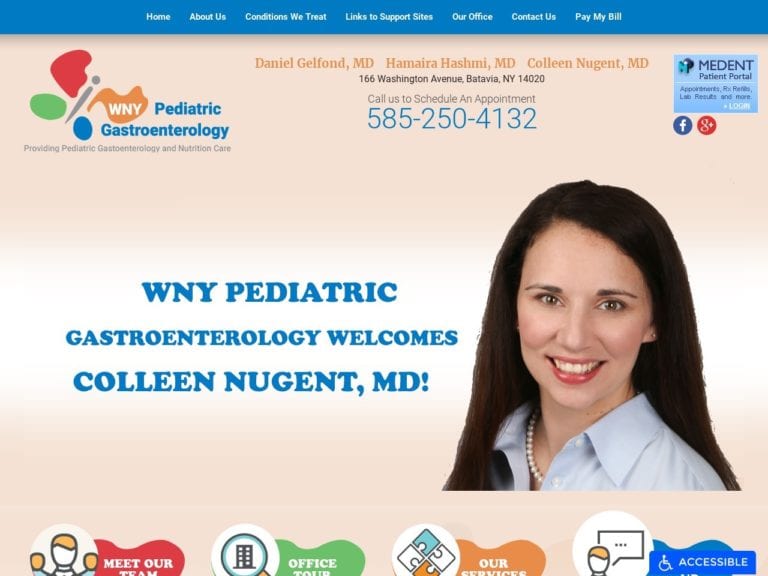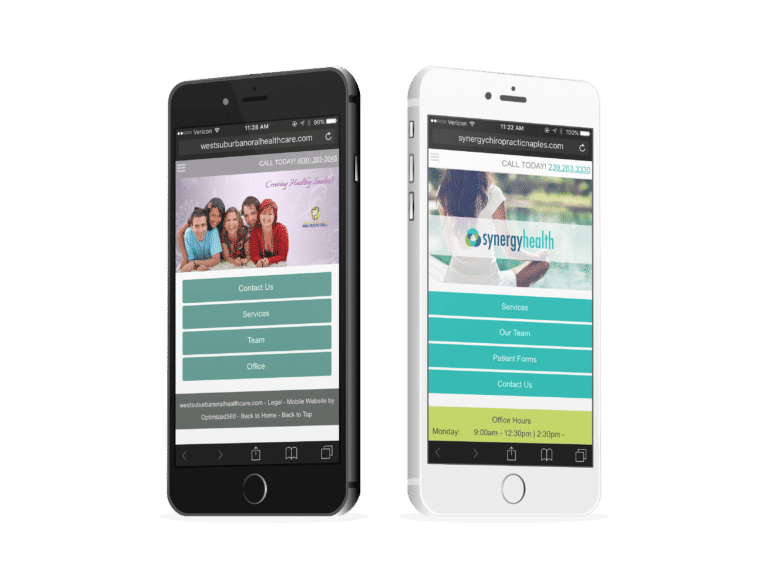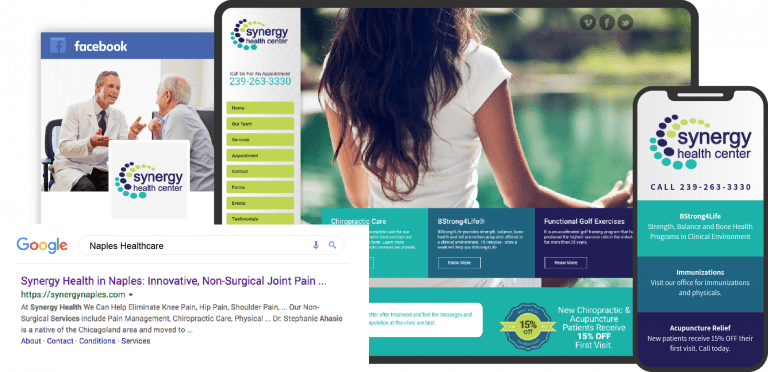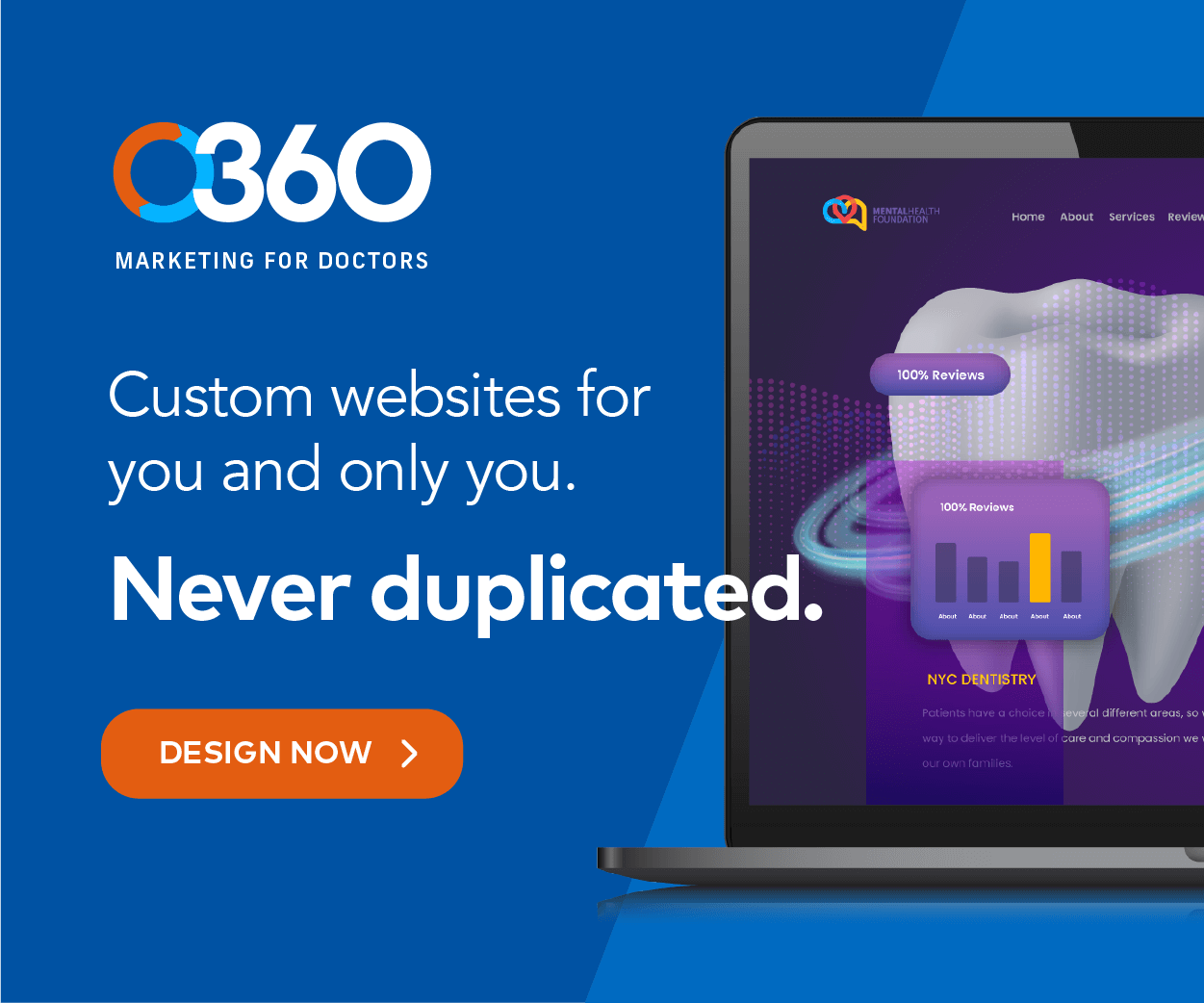Safeguarding patient data against ransomware, phishing, and other forms of online attacks is becoming more crucial, especially with the advent of artificial intelligence, telehealth services, and other forms of online communication. While data breaches and patient privacy concerns have been prominent for the last decade, this particular issue presents unique, ever-evolving challenges for smaller medical practices, who often find themselves the target of sophisticated cyberattacks. As smaller medical practices handle most patient interactions with data, these challenges underscore the need for security measures to protect patient privacy and guarantee compliance with regulatory policies like the Health Insurance Portability and Accountability Act (HIPAA).
The transition towards digital healthcare has been pushed forward drastically with the events of COVID-19, leading to a tremendous surge in telehealth services. These advancements have exposed many vulnerabilities to patient privacy and data security through this shift. Smaller medical practices face higher risks due to limited cybersecurity defenses, often resulting in ransomware attacks, identity theft, and fraud. However, one of the best ways to mitigate these effects is by investing in safeguards and protection measures to protect against unauthorized access and breaches, all while ensuring compliance with the HIPAA Security Rule for patient privacy.

What is The HIPAA Security Rule For Patient Privacy?
The HIPPA security rule is a subsect of the Privacy Rule, which requires healthcare organizations to protect electronic health information through multiple safeguards. This ensures that patient privacy is protected against unauthorized access or breaches.
- Technical Safeguards: These measures include tools such as user authentication processes that protect ePHI. They verify the identity of individuals attempting to access data to create a more secure digital environment for patient information. They also limit access strictly to those with the right credentials and purposes.
- Physical Safeguards: These safeguards refer to the physical locations and hardware where this information is stored and accessed. This includes facilities, secure workstations, and recovery protocols in cases of natural disasters and physical threats.
- Administrative Safeguards: From an administrative standpoint, these methods enhance the backbone of an organization’s security measures. This includes regular staff training, risk assessments, employee awareness programs, and establishing contingency plans for data breaches and other incidents.
All these facets are essential when developing a security strategy for your business and working within the regulatory requirements needed to help build trust between you and your patients. However, one of the biggest problems many small medical practices face is the method, the fine-tuning of how those security strategies are formed and implemented into their systems.
Strategies For Enhancing Security Within Your Healthcare Space
As a healthcare provider, it’s essential to incorporate the best practices to help protect the health data collected effectively. Below, you can find a wide range of measures that can create a multi-faceted, sophisticated approach to security.
- Perform Security Risk Assessments: While the HIPAA security rule already requires a security risk assessment, these assessments can be performed using the online guides from the HIMSS and the Office of the National Coordinator for Health IT to help mitigate the costs. While these security risk assessments can often cost thousands of dollars, performing security assessments semi-annually can help, especially for new practices.
- Encrypt EHR Data: While any electronic health record can encrypt data, security training can help prevent the human factors involved in most security breaches, such as lost passwords, getting caught in phishing email scams, and other common concerns.
- Adopt Role-Based Access: Access controls can help restrict access to patient information only to users with the authority and necessity to perform their jobs. Implements such as user authentication applications can guarantee that authorized users can access the protected data.
- Remote Access and Backup Data Offsite: For remote providers, cloud-based EHR can provide remote privileges while encrypting data during access. This removes the hassle of accessing the network directly, like client-server networks. Cloud-based networks can also back up EHR data and keep data offline in cases where hackers attempt to take over the network.
- Scan Your Audit Logs: Audit logs record users’ interactions with the EHR. Many practices don’t turn off these logs or configure them correctly, which can lead to them being tampered with or erased. Incorporating software that can automatically scan audit logs and detect issues can help increase your practice’s security.
- VPN Services for Remote Access: With the increase in telehealth services, ensuring secure remote access to healthcare networks is crucial. VPN services encode data transmitted over the internet, providing a protected way for healthcare providers to access patient data and internal systems from any location.
- Antivirus and Anti-malware Software: Cybersecurity begins with the basics. Antivirus and anti-malware software remain essential for protecting healthcare systems from malicious software. Small practices should opt for solutions that offer real-time scanning, automatic updates, and protection against various threats.
Beyond the technical aspects of enhancing your data security, model-based methods can be incorporated into your practice. One key element of better overall security is increasing the training and awareness of your employees. Cybersecurity training should be a crucial part of your practice and should cover phishing scams, secure handling of patient data, security software training, and adherence to privacy policies. Additionally, educating on best practices for patient privacy, especially when engaging with telehealth services, enhances the overall security of your healthcare system.

Top 5 Software Options with HIPAA Compliance for Small Businesses
Several options stand out for features, security, and ease of use for small businesses in the healthcare sector seeking HIPAA-compliant software solutions. These solutions cater to different aspects of healthcare management, from patient communication and scheduling to email security and team collaboration.
OhMD
OhMD provides a platform for secure communication between healthcare professionals and patients. It features encrypted messages, video visits via SMS, and the ability to manage patient reviews and coordination among staff. Its focus on communication tools and reputation management makes it an excellent choice for healthcare providers looking to streamline their patient interactions.
Benefits:
- Facilitates encrypted patient-provider communication without the need for downloading additional apps.
- Enables seamless video visits with a single SMS link, supporting patient care and practice efficiency.
- Offers reputation management features by generating unique links for customer reviews on various channels.
Drawbacks:
- While offering extensive communication tools, staff may require additional training to utilize its capabilities fully.
- Dependence on patient engagement through digital means may only suit some demographics equally.
Spruce Health
Spruce Health offers a comprehensive healthcare communication platform that includes secure text messaging, video visits, and an after-hours answering service. It also offers efficiency tools like automating manual tasks and improving coordination through team discussions and on-call coverage.
Benefits:
- Consolidates phone calls, voicemails, texts, faxes, and telemedicine into one platform, enhancing operational efficiency.
- Features like after-hour answering services and bulk messaging expand patient outreach and support.
- Offers VoIP calling and HIPAA-compliant texting, ensuring secure communications
Drawbacks:
- The comprehensive nature of the service could introduce complexity in integration and management for smaller practices.
Luma Health
Luma Health is designed to help healthcare businesses grow by streamlining operational, clinical, and financial tasks. It features patient scheduling, finance tools for billing and payments, and a messaging system that supports communication in multiple languages.
Benefits:
- Automated appointment scheduling, payment reminders, and insurance verification, streamlining patient and administrative workflows.
- Supports multilingual messaging, enhancing patient communication and satisfaction.
- Provides a smart waitlist to fill canceled slots efficiently, optimizing appointment scheduling.
Drawbacks:
- The focus on streamlining operations may require practices to adapt their current processes, which could involve a learning curve.
LuxSci
LuxSci focuses on email and web security, providing HIPAA-compliant email services with features like agile encryption, secure web forms, and dedicated servers for enhanced data protection. This makes it a reliable option for healthcare organizations prioritizing the patient privacy during communications and data.
Benefits:
- Offers agile email and web security solutions, including customizable encryption and dedicated server use for enhanced data protection.
- Secure form collection and email protection cater to the specific needs of healthcare data handling.
Drawbacks:
- As a specialized email and web security platform, additional tools may be needed to cover all aspects of practice management.
TigerConnect
TigerConnect is a clinical collaboration platform that offers features like HITRUST-certified texting, file sharing, physician scheduling, and patient engagement. It’s designed to improve workflow efficiency and patient satisfaction through secure and effective communication tools.
Benefits:
- Streamlines clinical workflows and enhances decision-making through a centralized communication tool.
- Supports clinical collaboration, physician scheduling, and patient engagement, improving care coordination.
Drawbacks:
- The platform’s broad functionality may present an initial implementation challenge for smaller teams unfamiliar with comprehensive digital solutions.
Each of these solutions brings a unique set of features designed to address specific needs within the healthcare industry, ensuring that small businesses can find a tool that aligns with their operational requirements while maintaining compliance with HIPAA regulations. When choosing software, consider the specific needs of your practice, including communication, scheduling, billing, and data security, to select the solution that best supports your goals for efficient and compliant healthcare service delivery.
Consult with Optimized360 Today For Your Digital Marketing Strategy
Data security is a cornerstone for trust and efficiency. As healthcare providers, it’s important to know the details beyond the right software to impact your patients. If you’re looking to refine your approach to digital marketing, partnering with specialists like Optimized30 can provide tailored insights and strategies that improve your online presence and ensure the security of your data in the most effective ways possible.













